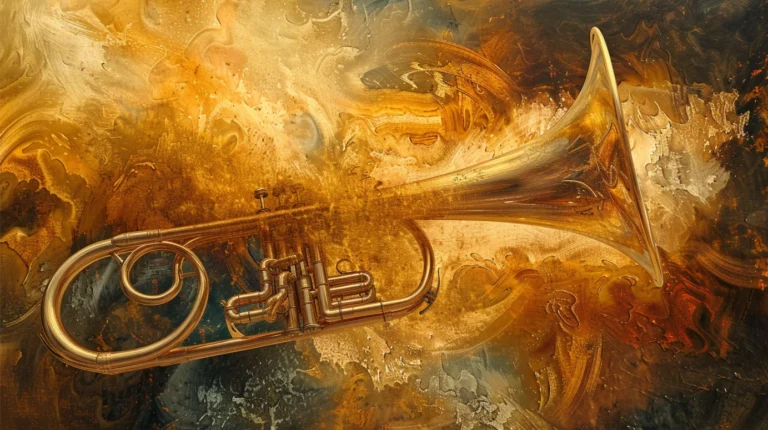
Friday the 13th is a day that has been associated with superstition, bad luck, and even fear for centuries. But why does this particular combination of day and number seem to hold such ominous significance? Let’s delve into the spiritual meaning behind Friday the 13th and explore the origins of these widespread beliefs.
The Origins of Friday the 13th Superstitions
The fear of Friday the 13th, also known as triskaidekaphobia, is deeply rooted in various cultures and religions. However, there are two main theories about how this superstition came into existence:
-
Religious Beliefs: In Christianity, the number 13 is often linked to Judas Iscariot, who was the 13th guest at the Last Supper before Jesus’ crucifixion. This association with betrayal and tragedy has contributed to the negative connotations of Friday the 13th. Additionally, in Norse mythology, there were 12 gods who dined together, but Loki, the trickster god, showed up as the 13th guest, leading to a series of disastrous events.
-
Numerological and Astrological Connections: The number 13 is considered unlucky in many cultures because it’s associated with rebellion against authority figures (such as parents or teachers) and breaking rules. In astrology, there are 12 zodiac signs, which some believe leaves the 13th spot open for misfortune.
The Spiritual Significance of Friday the 13th
Friday is also associated with negative energy due to its connection to the crucifixion of Jesus Christ. Some cultures consider Friday an unlucky day in general, but when combined with the number 13, it amplifies the sense of doom and misfortune. However, this spiritual meaning can vary depending on one’s beliefs and cultural background.
How to Overcome Friday the 13th Superstitions
Despite its widespread popularity, Friday the 13th does not have to be a day filled with fear and anxiety for everyone. Here are some tips to help you overcome your fears and make the most of this day:
-
Understand the Root Cause: Identifying where your superstitions come from can help you break free from them. Are they based on cultural beliefs or personal experiences? Knowing the origins of these superstitions will enable you to challenge them more effectively.
-
Change Your Mindset: Changing how you perceive Friday the 13th can significantly impact your emotions and actions on that day. Instead of viewing it as a day of bad luck, try seeing it as an opportunity for positive change or growth.
-
Create Positive Associations: By associating Friday the 13th with good memories or accomplishments, you can shift your mindset from fear to excitement. For example, plan a fun activity or celebrate a personal achievement on this day to create positive associations.
-
Spread Positivity: Sharing your positive experiences and beliefs about Friday the 13th can inspire others to break free from superstitions as well. Encourage those around you to embrace the day with open arms and focus on the good things that can happen.
Conclusion: Embracing Friday the 13th Spiritually
Friday the 13th is a fascinating example of how our beliefs and perceptions shape our reality. While these superstitions may hold some truth for those who believe in them, it’s essential to remember that luck is not predetermined; we have the power to create our own destiny. By understanding the spiritual meaning behind Friday the 13th and challenging the negative associations, you can transform this day into one of personal growth and positivity.





